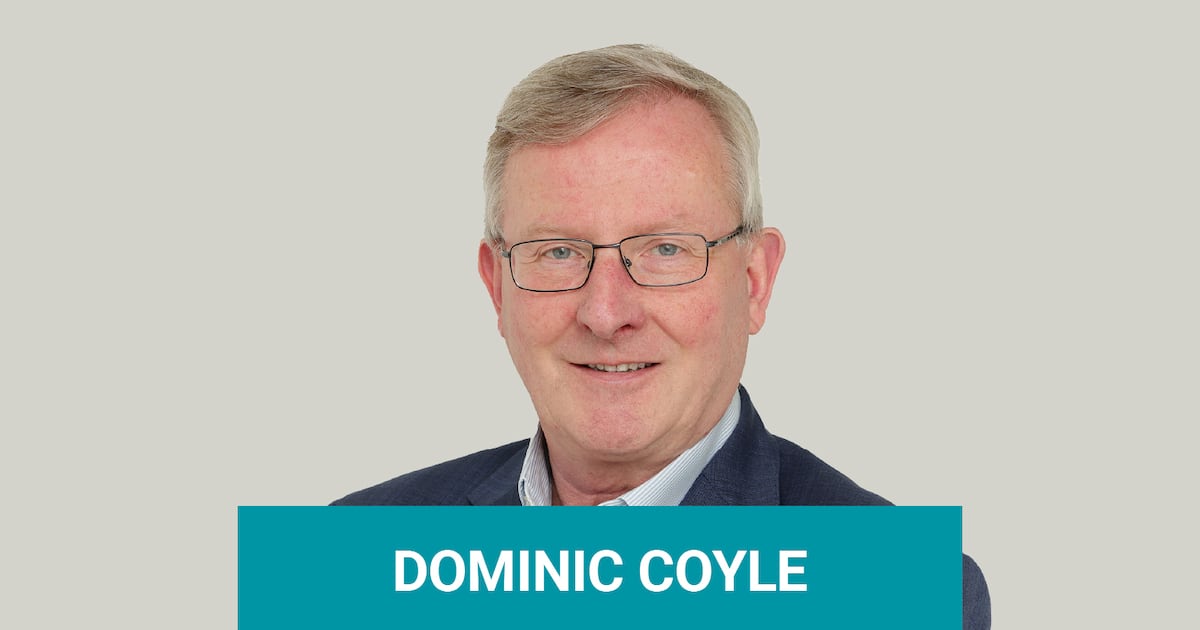Business
New Auto-Enrolment Scheme Clarified for Private Pension Holders

The upcoming auto-enrolment pension scheme in Ireland aims to include workers without private pensions, but it raises questions for those who have already invested in private funds. Ms O.H., a worker with multiple employers who have not provided pension benefits, seeks clarification on how her private pension affects her eligibility for the new scheme set to launch in January 2024.
Under the new rules, the €20,000 salary threshold applies to all employments for individuals aged between 23 and 60. This means that employers are obligated to contribute to employee pensions, regardless of whether individuals receive €20,000 from each employer. The gross salary, which includes overtime and bonuses, is the figure that matters for this threshold, not the take-home pay.
Ms O.H. has been contributing to a private pension for several years, but she wonders if this excludes her from the auto-enrolment scheme. The answer is no. According to the National Automatic Enrolment Retirement Savings Authority (Naersa), the body responsible for implementing the auto-enrolment scheme, eligibility is determined based on payroll data submitted by employers.
Naersa will track individual employees using their personal public service (PPS) numbers, enabling them to verify whether current employers are making pension contributions. In Ms O.H.’s case, since none of her employers contribute to a pension scheme, she will automatically be enrolled in the My Future Fund. Importantly, Naersa does not consider her existing private pension or any tax relief she claims on those contributions.
The scheme also addresses individuals who may have legacy occupational pensions from previous employers. If current payroll data does not reflect any deductions into those schemes, Naersa will still proceed with auto-enrolment. This is particularly significant for workers like Ms O.H., as it ensures that employers cannot evade their responsibilities.
Starting in January, Ms O.H. and her employers will contribute to the My Future Fund. Each employer will contribute 1.5 percent of her gross salary, while an additional 1.5 percent will be deducted from her take-home pay. The State will add €1 for every €3 contributed by Ms O.H. These contribution rates are set to increase over the next decade, eventually reaching 6 percent by 2036, meaning a total of 14 percent of her gross earnings will be directed towards her pension.
Despite the introduction of the My Future Fund, Ms O.H. can continue to invest in her private pension. As long as she meets the contribution criteria, she remains eligible for tax relief. For those under 30, tax relief can be claimed on contributions up to 15 percent of gross income, with a cap of €115,000. This means potential contributions of up to €17,250.
If Ms O.H. changes jobs and begins working for an employer who offers an occupational pension scheme, she would be exempt from the auto-enrolment system at that job. Her existing pension funds would remain intact, but no further contributions would be made during her employment with that company. However, if she continues her portfolio career and maintains employment with non-contributing employers, auto-enrolment would persist for those roles.
Should her total earnings dip below the €20,000 threshold after being enrolled, or if she reduces her workload, she would still benefit from the contributions from her employers and the State. Conversely, if her income exceeds €80,000, contributions would cease for the remainder of the year.
As Ms O.H. prepares for these changes, she can take comfort knowing that despite having an existing private pension and any legacy pensions, she qualifies for auto-enrolment starting in January. This initiative ensures that all workers receive the necessary support for their retirement planning, particularly those who have not previously enjoyed the benefits of employer-sponsored pension schemes.
For further inquiries, readers can reach out to the personal finance expert Dominic Coyle at The Irish Times, or through email at [email protected].
-

 Top Stories2 months ago
Top Stories2 months agoTributes Surge for 9-Year-Old Leon Briody After Cancer Battle
-

 Entertainment3 months ago
Entertainment3 months agoAimee Osbourne Joins Family for Emotional Tribute to Ozzy
-

 Politics3 months ago
Politics3 months agoDanny Healy-Rae Considers Complaint After Altercation with Garda
-

 Top Stories3 months ago
Top Stories3 months agoIreland Enjoys Summer Heat as Hurricane Erin Approaches Atlantic
-

 World4 months ago
World4 months agoHawaii Commemorates 80 Years Since Hiroshima Bombing with Ceremony
-

 Top Stories2 months ago
Top Stories2 months agoNewcastle West Woman Patricia Foley Found Safe After Urgent Search
-

 Top Stories4 months ago
Top Stories4 months agoFianna Fáil TDs Urgently Consider Maire Geoghegan-Quinn for Presidency
-

 World4 months ago
World4 months agoGaza Aid Distribution Tragedy: 20 Killed Amid Ongoing Violence
-

 World4 months ago
World4 months agoCouple Convicted of Murdering Two-Year-Old Grandson in Wales
-

 World4 months ago
World4 months agoAristocrat Constance Marten and Partner Convicted of Infant Murder
-

 Top Stories3 months ago
Top Stories3 months agoClimbing Errigal: A Must-Do Summer Adventure in Donegal
-

 Top Stories3 months ago
Top Stories3 months agoHike Donegal’s Errigal Mountain NOW for Unforgettable Summer Views









